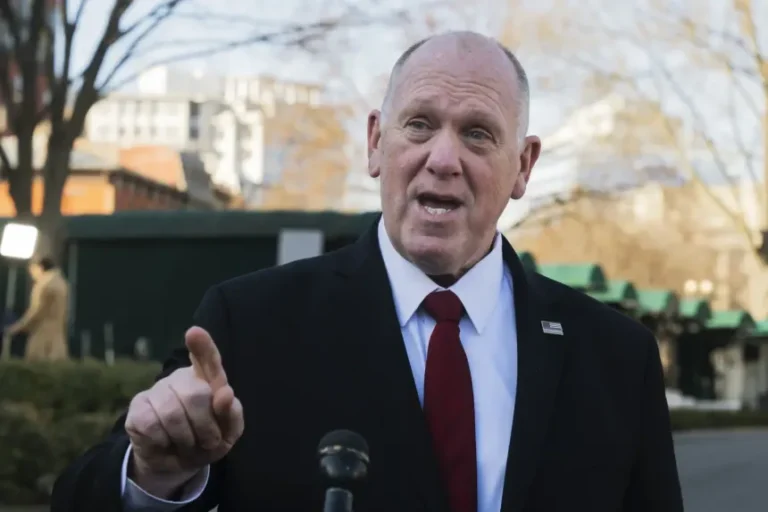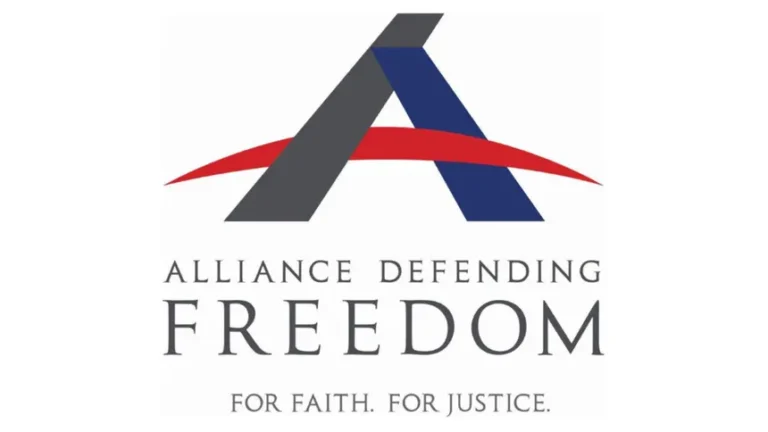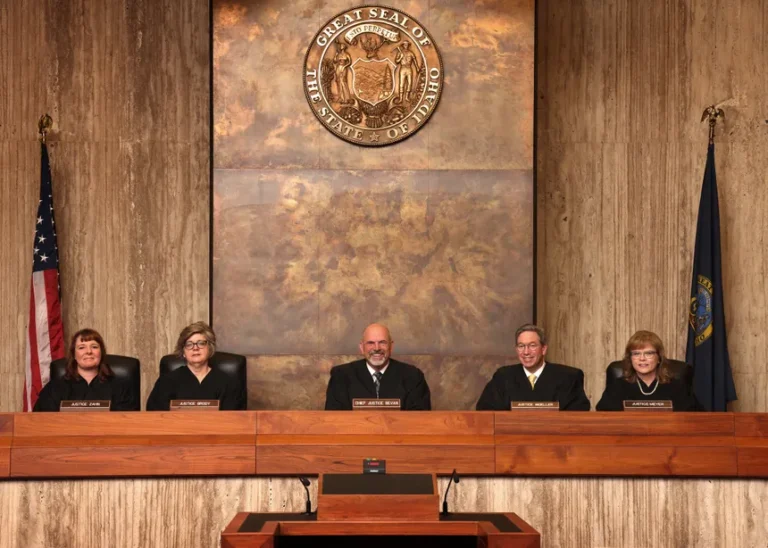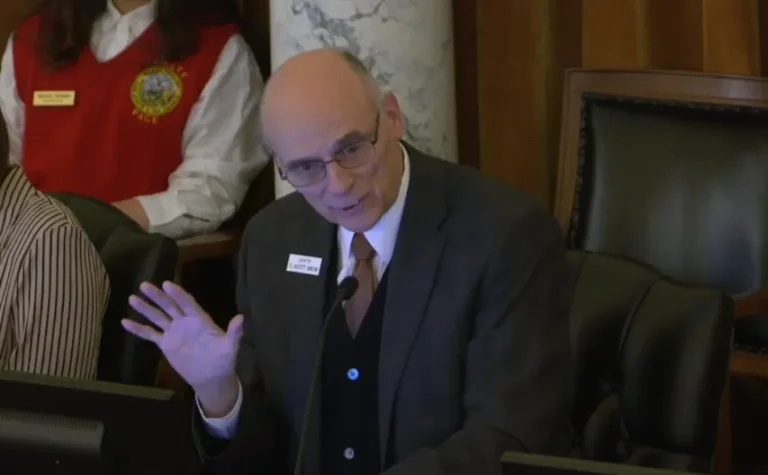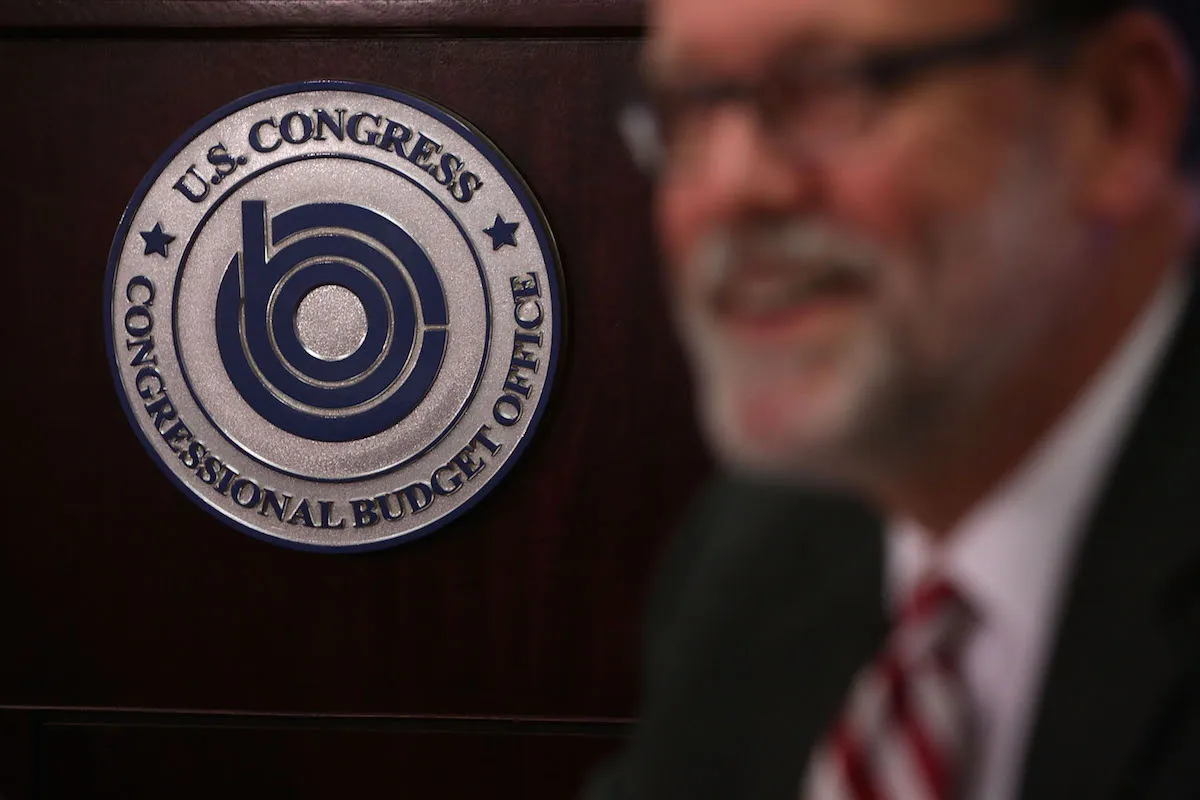
WASHINGTON — A nonpartisan agency few Americans have heard of is at the center of a growing political battle over President Donald Trump’s massive new tax and immigration proposal, known as the “One Big, Beautiful Bill.” That agency is the Congressional Budget Office (CBO) — and it just projected the bill would add $2.4 trillion to the national deficit over 10 years.
What is the CBO?
Created by Congress in 1974, the Congressional Budget Office provides lawmakers with independent, nonpartisan analysis of how proposed legislation will impact the federal budget and economy. It is tasked with estimating the cost of nearly every bill that moves through congressional committees and plays a crucial role in informing debate over spending and tax policy.
With a staff of about 275 economists, analysts, and researchers, the CBO operates separately from the White House and does not take policy positions — its role is to “score” legislation based on fiscal impact, not political merit.
Why is the CBO in the spotlight now?
The CBO recently issued a report stating that Trump’s flagship bill — which includes sweeping tax cuts and immigration changes — would increase federal deficits by $2.4 trillion over the next decade. That’s sparked fierce backlash from Republican leaders, who claim the estimate understates future economic growth and ignores potential revenue gains.
Speaker of the House Mike Johnson called the CBO “notorious for getting things wrong,” while Trump supporters argue the bill will lead to an economic boom not reflected in the projections.
Meanwhile, Democrats have seized on the CBO’s findings as confirmation that the bill is fiscally irresponsible — especially coming from a party that has spent years blaming President Biden for rising debt.
Is the CBO partisan?
No. The CBO’s analysts are hired based on expertise, not political affiliation. Its director, Phillip Swagel, was originally appointed under President George W. Bush and reappointed under a bipartisan agreement in 2023. Federal law bars CBO staff from donating to political campaigns, and the agency prides itself on neutrality.
Has the CBO been wrong before?
While not infallible, the CBO has a track record of solid analysis. Critics point to previous under- or over-estimates, such as when federal revenues came in higher than projected after Trump’s 2017 tax cuts. But much of that was due to pandemic-era stimulus, inflation, and tariffs — factors not anticipated at the time.
What happens next?
Despite the criticism, the CBO’s projection matches independent estimates from the Committee for a Responsible Federal Budget and the Penn Wharton Budget Model, both of which put the bill’s long-term cost at $2.8 to $3.2 trillion, especially if temporary tax cuts become permanent.
With pressure mounting and the bill set for a vote by early July, the CBO’s warning could become a key flashpoint — either a fiscal red flag or, as some Republicans claim, a flawed prediction ignoring future growth. Either way, the CBO’s small team of economists is once again shaping the course of America’s financial future.
